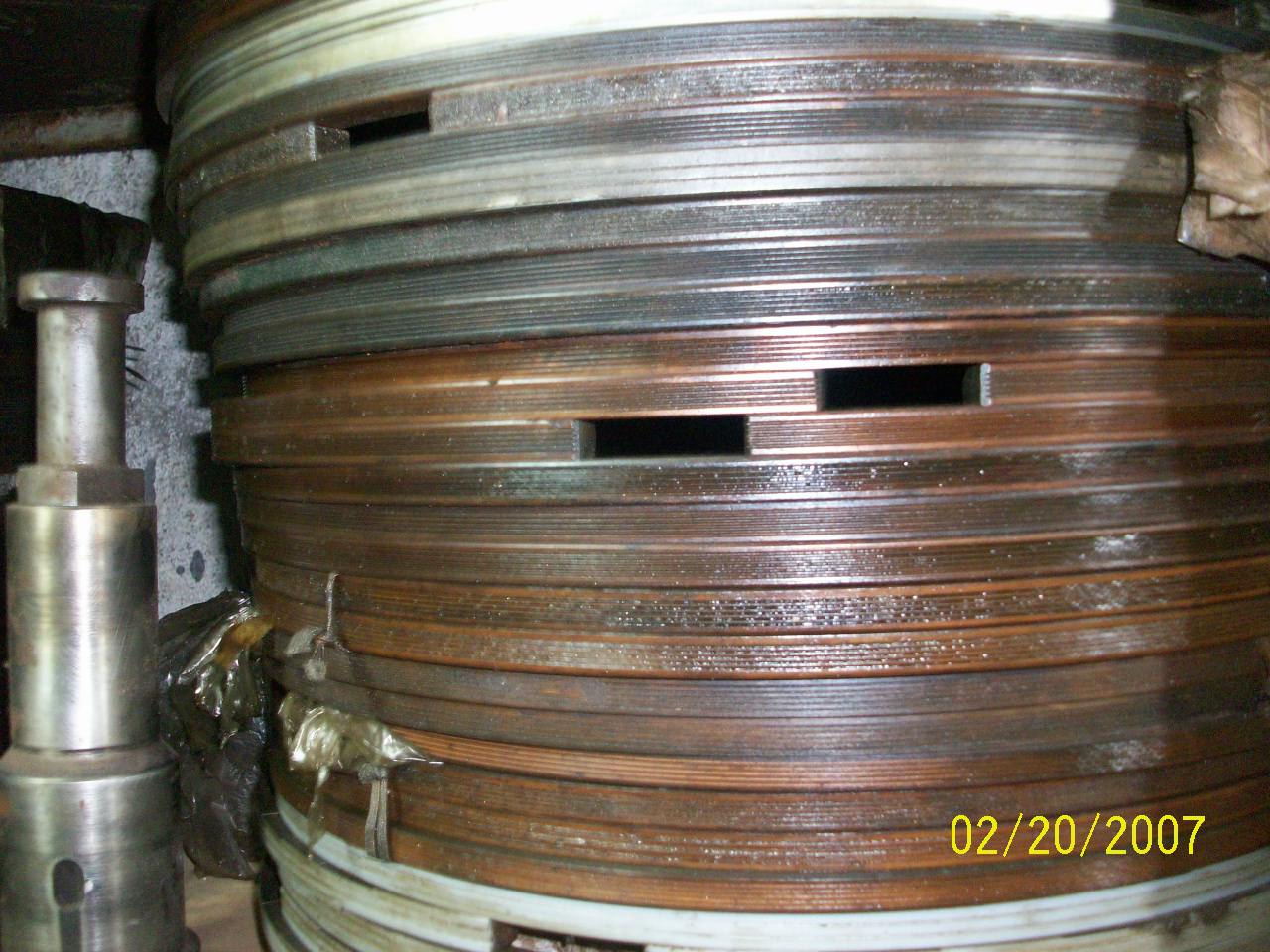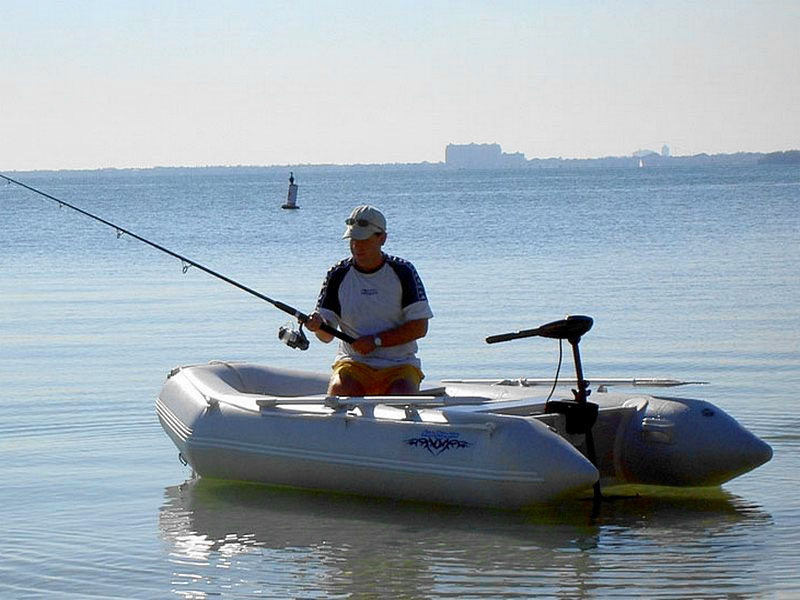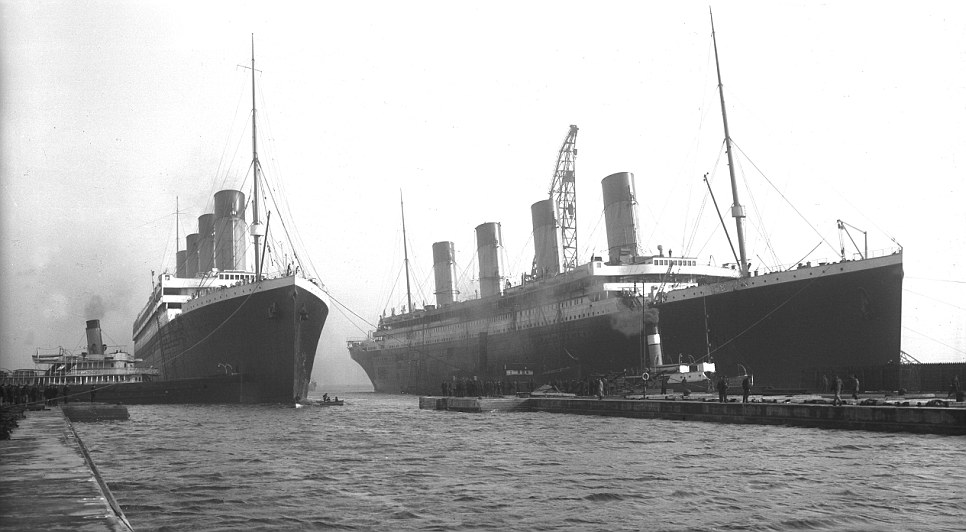
“A boat is a hole in the water you pour money into.”
“The two happiest days in a boat owner’s life are the day he buys the boat, and the day he sells the boat.”
These two common sayings reflect the truth about owning boats with good reason. There are many costs tied to owning a boat, and numerous costs which new boat owners fail to recognize or acknowledge. According to the National Marine Manufacturers Association (NMMA) 2013 Recreational Boating Abstract, “The average retail price of a new traditional powerboat in 2013 was $40,540, up nine percent compared to 2012. The average retail price of a pre-owned traditional powerboat in 2013 was $11,585, a five percent increase from 2012.” Clearly, buying a boat is an expensive investment and the retail price increases have been a continuing trend since the early 2000s, but the retail price isn’t the only cost owners can incur throughout the course of boat ownership.
The Taxman
Depending on where the boat is bought, one may also be paying large taxes on that fun purchase. The amount of taxes only increases after new ownership. Additionally, boats have a variety of property taxes, particularly in the United States. Regulations vary drastically from state to state, and should be considered into annual costs of owning a boat. There are ways to get around these taxes. Some owners move boats to and from states where there is little to no taxes on boats. For example, states like South Carolina have high taxes that are determined based on the assessed value of the boat, which is then adjusted depending on the stay of the boat in said state.
New owners that buy a vessel operating on a marine engine as opposed to sails, should also be prepared for the cost of fuel- keeping in mind that being prepared is only half of it. Diesel and gas prices fluctuate daily. Even if new boat owners do their research, some marinas don’t post sales tax, while others do, and new owners must be mindful of this. If not, new owners may learn the hard way how pricey fuel can be. As mentioned, taxes must again be added into the equation.
Legal Works
Much like cars, boats need a title, registration, and insurance. Often times, the amount one pays for these depends on the state in which they reside and the insurance provider they go through. Additionally, insurance policies might be higher for those that live in an area where there are natural disaster risks, such as hurricanes and cyclones. Title, registration, and insurance costs add up fast, and have to be factored into boat ownership since they are requirements of owning a boat in the U.S.
Storage & Hauling
Dockage, storage, and hauling fees also cost a pretty penny, and accumulate throughout the year. Dock fees vary depending on where one is docking and for how long (such as during the day, during the night, or both). These fees are often determined by how large a boat is and the size of the dock. Many boat owners must also consider winter storage, which includes hauling out the boat, winterizing it, then putting it into storage. Additionally, new owners have to consider their insurance policy, which might require an annual haul out.
Maintenance
Another reason to haul out a boat is for maintenance. Boats and yachts require maintenance. Period. Just like everything else, it is vital to keep a boat in tip top shape, or face the consequences. New boat owners need to realize that repainting, servicing, replacing parts, waxing and treating may all seem like little costs, but they accumulate quickly. Especially when many of these services must be done annually.
New boat owners should also acknowledge the on board costs: safety equipment, food, supplies, and any extra and fun items. A boat should be outfitted with life jackets and emergency kits, which include horns, fire extinguishers, dock lines, flares, and safety whistles. GPS systems, chart plotters, radios and other electronic devices are all expensive as well, but are considered basic gear. If one plans on entertaining or preparing food on board, this may require extra kitchenware. Extra splurges such as kayaks or floaters are costly too if boaters plan on bringing those items along.
Non Monetary Costs
Finally, there are the non-monetary costs of owning a boat. Boats are wonderful purchases, but they are a risky investment. Multiple things could go wrong, again, just like purchasing a car. The boat bought could be a total lemon. One could unknowingly purchase a stolen boat. A buyer looking for a boat may try to buy one online, which is a risky practice and brings on the beast of making sure to avoid a scam.
There are cautions a potential boat buyer must take into account if buying over the internet. The boat should be inspected in person, by a trusted friend, or a qualified agent. As with any other online purchase, buyers should use good judgement. Avoiding putting down a deposit or giving personal information away. Make sure to double check the HIN (hull identification number) and the location, make, and model of the boat. Another non-monetary cost to consider? Time. Boats require mass amounts of time. Whether it is spending the time to find the right boat, or determining repairs and whatnot, owners will have to carve out time.
Buying a boat costs time and money in the long haul. However, these costs are often hidden because many starry eyed new boat owners revel in their new toy, blinding themselves to the previously outlined costs. Owning a boat costs money and time in the long run. Boating Industry compiled a list of data from multiple studies showing that people are buying more and more boats. Those that are a part of the upward trajectory of individuals buying boats should have a firm grasp on the funds needed to maintain and enjoy a boat, otherwise their investment may sink them.
The Hidden Costs of Owning a Boat,






